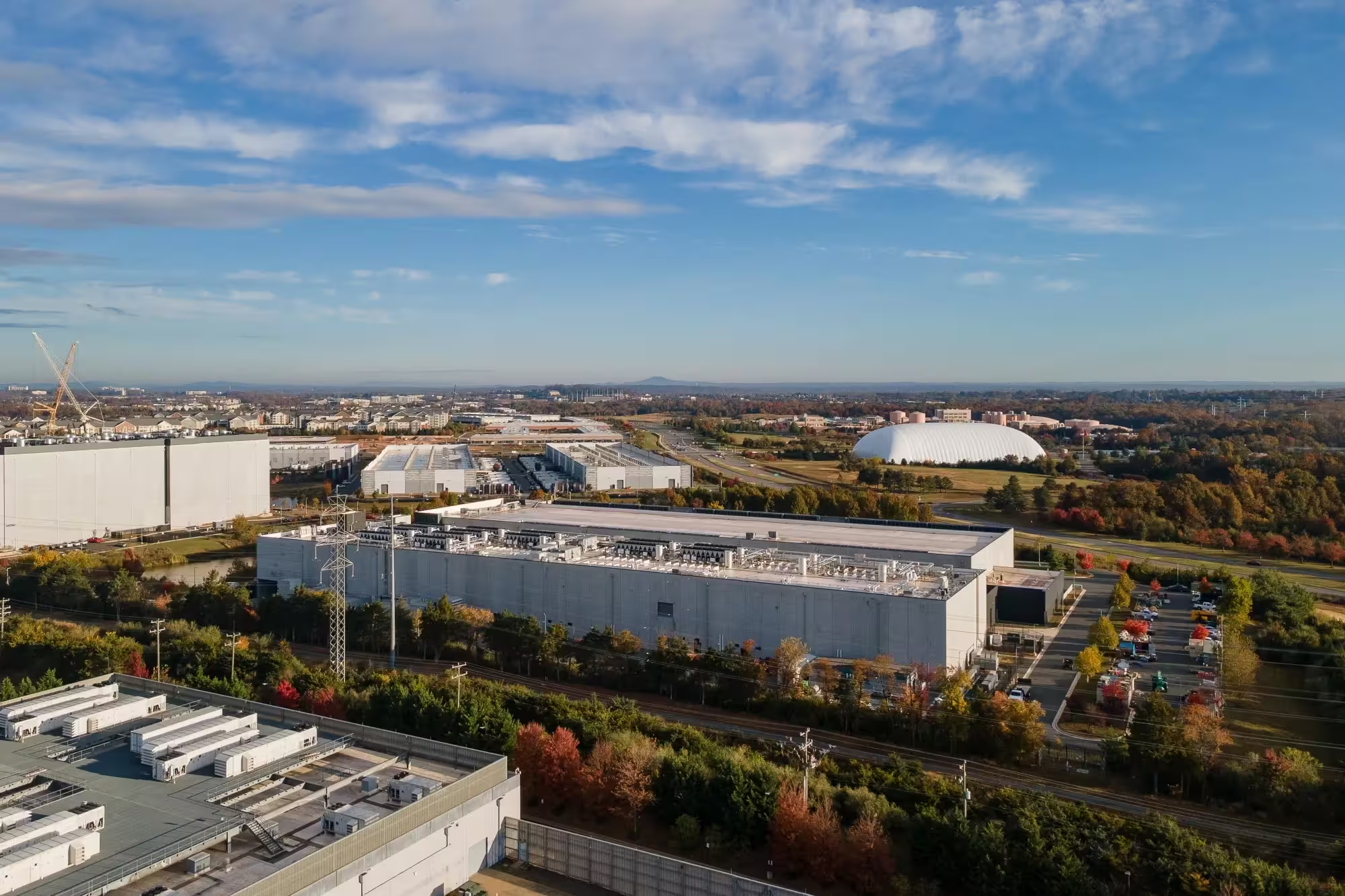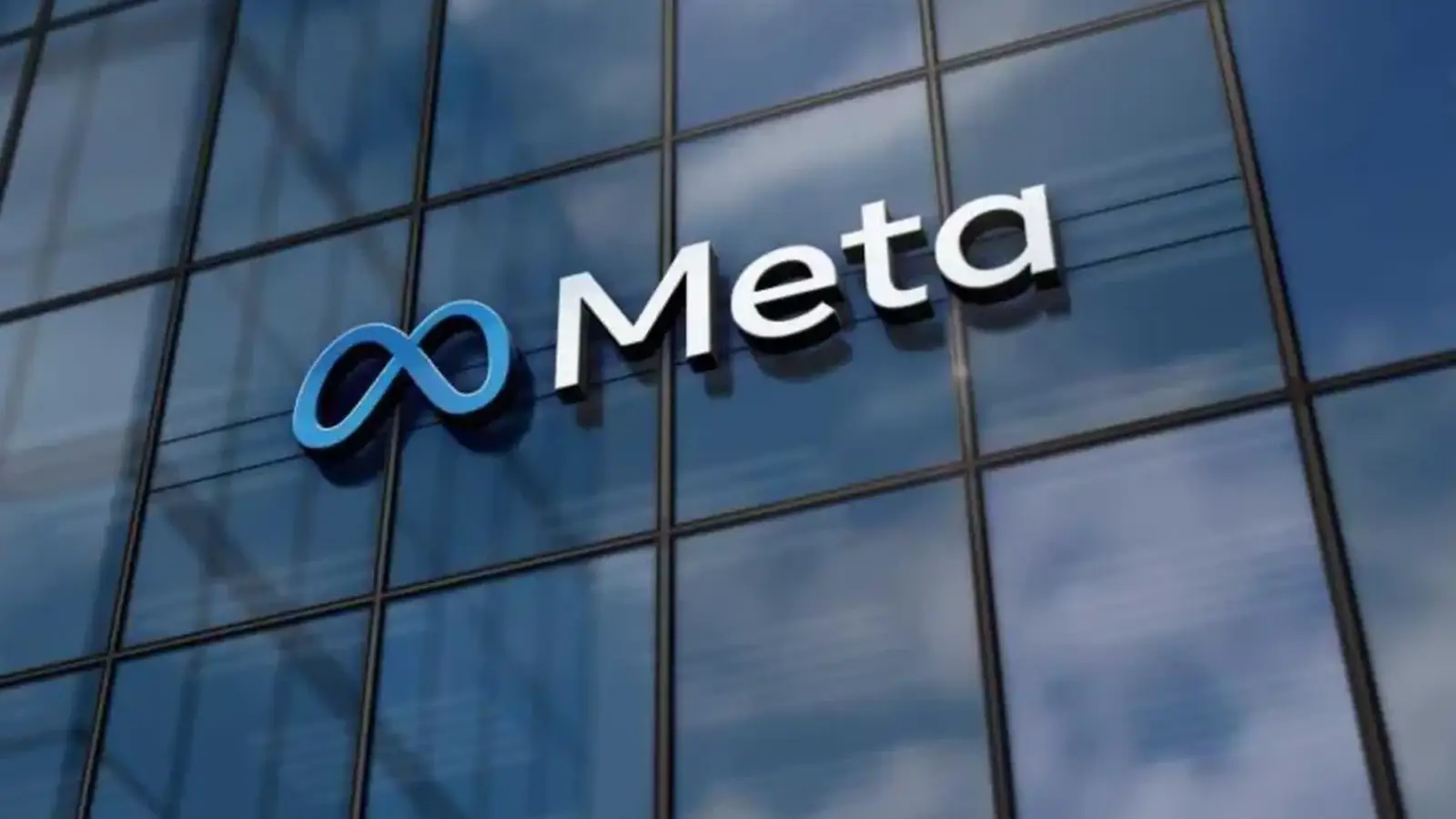3 Minutes
Meta is preparing to take a more active role in electricity markets to speed up the construction of power plants needed to fuel its growing data centers. The move reflects a broader shift as hyperscalers rethink how they secure reliable, long-term energy for AI workloads and cloud services.
Why Meta wants to trade electricity
According to a recent Bloomberg report, Meta has asked the federal government for permission to buy and sell power directly, joining Microsoft in the request. Apple has already secured similar authorization. The goal is straightforward: creating the ability to sign long-term power contracts and to sell portions of that electricity on the market, which helps control financial risk and makes new generation projects more attractive to developers.
Meta's global head of energy told Bloomberg that many power producers need certainty that buyers are committed before they begin building new facilities. If large tech companies only rely on existing grid capacity, the pace of new plant development may lag far behind surging demand from data centers and artificial intelligence deployments.
When AI growth outpaces the grid
Bloomberg highlights the scale of the challenge: meeting demand for a single Meta data center campus in Louisiana could require at least three new gas-fired power plants. Rapid growth in AI, cloud processing, and advanced language models has pushed electricity consumption at hyperscale centers to unprecedented levels. That surge forces companies like Meta to look beyond traditional utility arrangements and claim a more active role in energy supply.

What trading power could change
- Faster project starts: Developers are more likely to break ground when buyers can commit to long-term purchases or the right to sell power back into the market.
- Risk mitigation: The ability to sell energy can offset financial exposure tied to fixed long-term contracts.
- Supply stability: Direct market participation can smooth the path to reliable capacity for future data center expansions.
In short, trading electricity gives Meta a lever to accelerate grid upgrades and new capacity rather than waiting for the traditional utility cycle to catch up.
Implications for the energy transition and the tech industry
Will this slow renewable adoption? Not necessarily. Corporate participation in power markets can support both fossil and clean generation, depending on policy and economics. For Meta, the immediate pressure is ensuring reliable baseload capacity, but long-term strategies often include renewables, storage, and grid modernization.
Other big tech players have already tested variations of this approach. By actively shaping procurement and financing arrangements, companies can nudge local energy markets toward faster, sometimes cleaner, outcomes. Yet the shift raises regulatory, market and community questions about who builds, who pays, and how environmental goals are weighed against urgent demand for compute power.
For now, Meta's bid to trade electricity is a pragmatic tactic to secure the power needed for ambitious AI projects and data center growth. It signals a new phase where major cloud providers are not just consumers of energy, but potential market participants who can influence how and when generation capacity gets built.


Leave a Comment